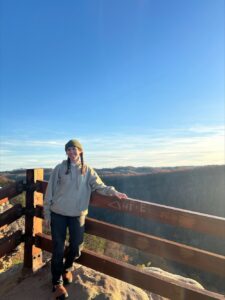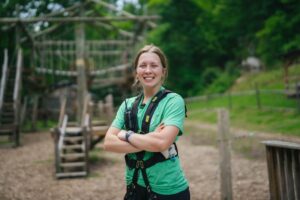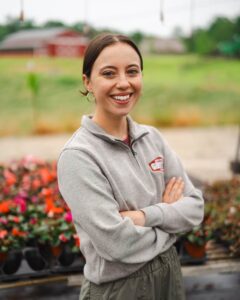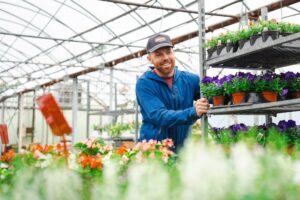Mountains. Trees. Rivers and lakes. Trails and wildlife. All within a relatively easy, and sometimes extremely short, drive. It’s one of the beautiful things about the state of West Virginia, and for many Marshall students, employees and graduates, it’s been a key element of their experience.
It’s been their favorite way to spend weekends and summers — either working, adventuring or relaxing and recharging outdoors. It’s been their preferred venue for spending time with family and friends. It’s a backdrop of their wellness routine, whether hiking, biking, trail running, skiing or kayaking. For some, it’s even inspired careers.
West Virginia has something for everybody and plenty of nature to offer, said Dr. Rick Gage, an associate professor and program coordinator for Marshall’s Natural Resources and Recreation Management degree program.
“This is the lowest population density east of the Mississippi River. It’s rugged terrain. It keeps people out,” he said. “It means that when you’re out in the woods, you’re out in the woods. You don’t have to fight crowds or wait in line to access a trail. It’s here, it’s readily available and it’s relatively unspoiled compared to other places.
“As a species, we’re pre-programmed to want to connect to nature,” Gage said. “In modern society, it’s a lot harder and a lot of people have a bigger disconnect, but you put somebody who grew up and spent their entire life in an urban environment, you take them out into the woods, and something happens. It connects to our brain in a different way.” The summer season especially is a time when many in the Marshall family celebrate the Mountain State’s natural splendor and endless outdoor opportunities, and we thought we’d take a moment to showcase just a few of the ways that the outdoors has enhanced the lives of people in the university community, and how a few members of the Herd are giving back by celebrating the outdoors in their own ways.




